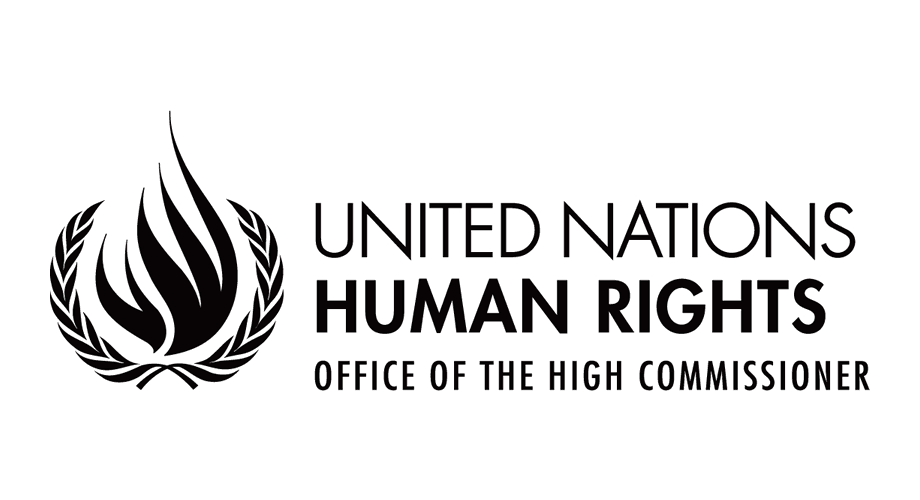According to payment vouchers for the current melon season for companies of Fyffes in Honduras, they are not paying the minimum wage which was decreed for the agriculture sector in 2020. In April 2020, International Labor Rights Forum, Fair World Project, and the International Union of Food Workers published a report alleging ongoing labour rights violations faced by 6,500 workers on Fyffes’ melon plantations in Honduras since 2016. Abuses detailed in the report include toxic chemical exposure, wage theft, union busting and poor working conditions made more unsafe amid the COVID-19 pandemic. Fyffes is the top importer of melons to the United States, which are sold in major supermarkets across the country. In 2019, Costco and Whole Foods stopped buying Fyffes' Honduran melons due to the ongoing allegations.
- Home
- About Us
- Issues
- Countries
- Rapid Response Network
- Young Adults
- Get Involved
- Calendar
- Donate
- Blog


